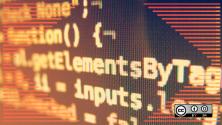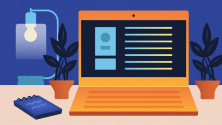No matter how experienced you are, if you don't make an effort to keep your skills sharp and pay attention to changes in the tools you use, you're going to miss out.
Whether you're a Linux beginner or a seasoned pro, it's important to take the time to regularly learn and practice. And while there are tons of great options for keeping your Linux experience fresh, your skills aren't going to magically improve themselves. You've got to do the work.
So what's your preferred method of learning? Take the poll, but let us know in the comments below, too.
Are you a book learner? Is reading documentation your thing, or perhaps websites like this one with how-tos and tutorials? If you have access to them, training and certification resources can be enormously helpful, too.
Whatever your preference, let us know why it's your favorite. And happy learning!







14 Comments